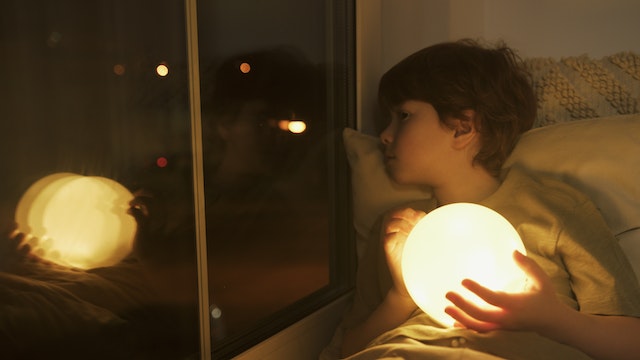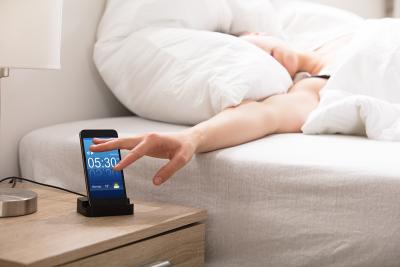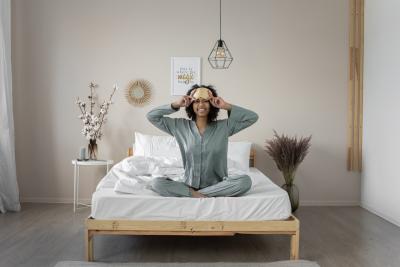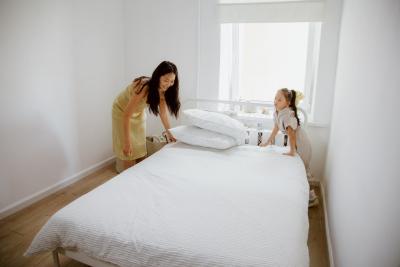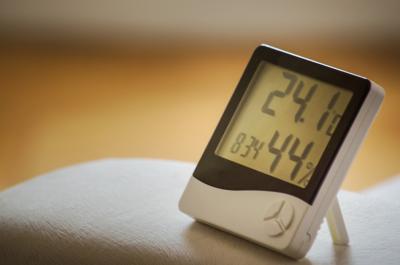It's highly likely that we will have had a night light at one point in our lives. As children, we had night lights to give us a sense of security, so the night didn’t feel so frightening. Understandable, given the active imagination of young children that can lead to so many scary nightmares!
Maybe you've grown out of using them now as an adult, though some people like to have the ambience of a night light even if they don't necessarily need one. A string of pretty fairy lights to create that Instagram-friendly bedroom, or even a helpful reading lamp to make catching up on your current book a breeze - these are all forms of night lights if you leave them on to sleep!
But, have you considered that these lovely nighttime glows may affect your sleep? Do you care? Or do the pros outway the cons for you and your family? Join us whilst we answer the question, are night lights harmful to sleep?
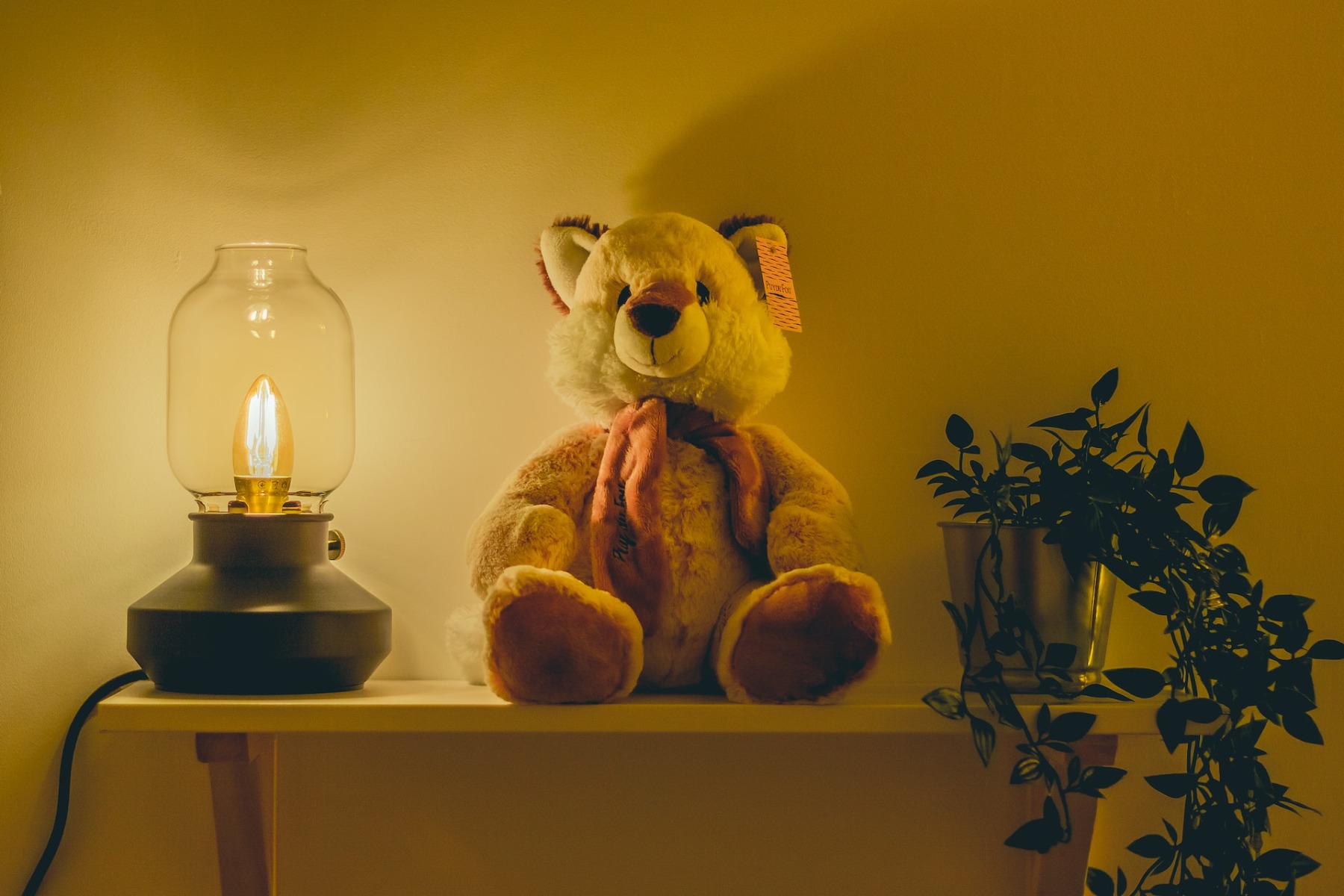
The advantages of sleeping with night lights
A sense of security
A night light is the perfect way to provide both children and adults with a sense of security during the night. The dark can be scary for young children, leading to them having nightmares or developing a fear of the dark if they're too afraid of the dark. A night light can help to combat this by ensuring that if your little one wakes up in the middle of the night, then they will feel safe and secure!
Provides extra safety
We've all been there - it's the middle of the night and you need to go to the toilet in the dark. Cue the sounds of cursing as you stub your toe on your bed frame, even though you know where it is in your bedroom. But at night, everything can feel a bit unfamiliar, meaning the risk of injuries is much higher. A night light helps to reduce the risk of injury by giving you enough light to safely navigate your bedroom!
Help with separation anxiety
As mentioned above, a night light can help to provide a child with a sense of security in their bedroom. An added benefit is that it will help reduce their separation anxiety! Being able to see their surroundings, and know that they are not alone in the big, scary dark room, will help to soothe their separation anxieties!
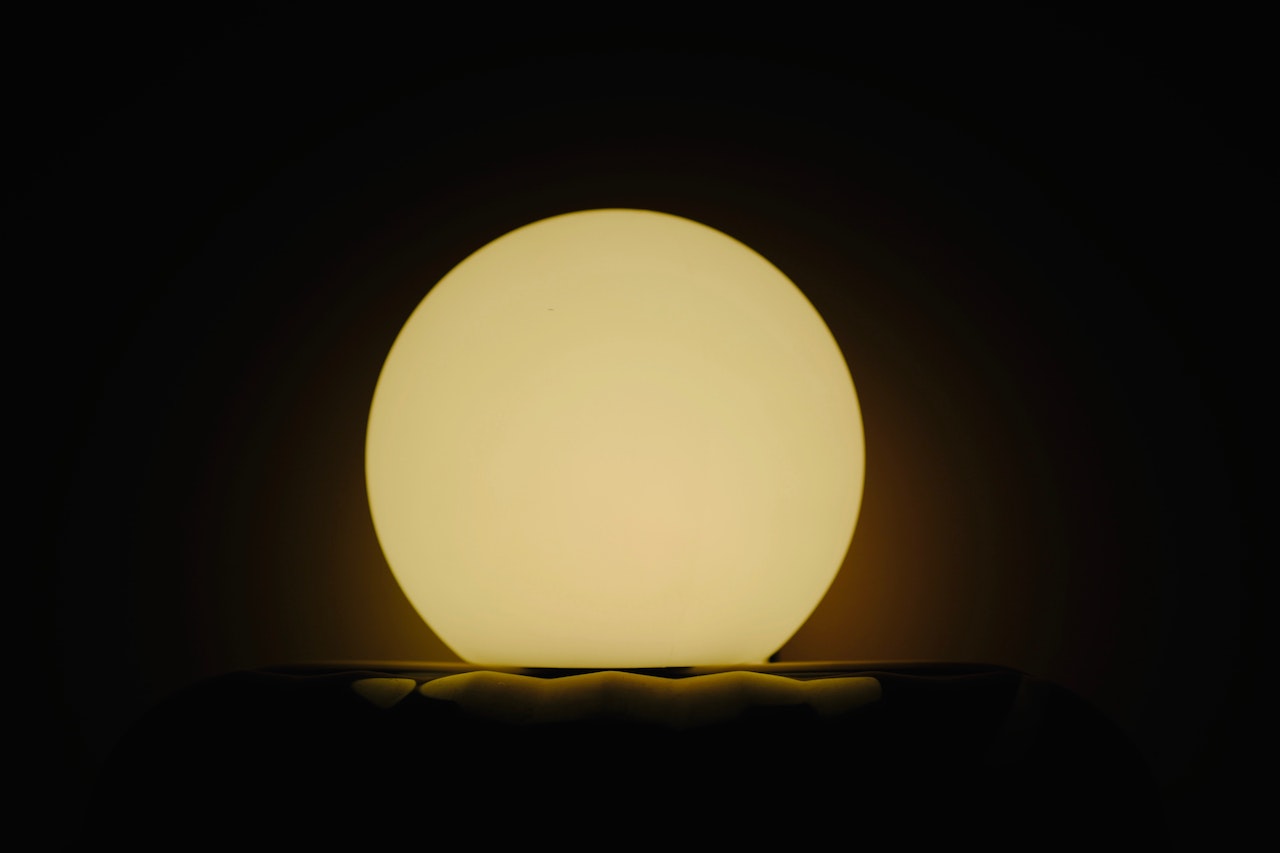
The disadvantages of sleeping with night lights
Can disrupt circadian rhythm
As adults, we can clearly understand when it's day and night. But babies are more delicate and only really start to differentiate between night and day after a few months. Most night lights that are made for babies will use light that is white, blue or green based. These colours are on a similar wavelength to natural daylight, which can, understandably, confuse your baby when it is day or night! This, in turn, can disrupt the development of their circadian rhythm, meaning they'll struggle to get a good sleep schedule.
Inhibits the production of melatonin
Night lights can potentially inhibit both our and our children’s sleep, and they have been linked to frequent waking at night. As said before, the light that comes from baby monitors, and most night lights, is usually blue or white light, and the wavelength of these colours of light has a massive effect on the human body. These types of lights can prevent your body from producing melatonin - the sleep-inducing hormone - meaning it can be more difficult to drift off.
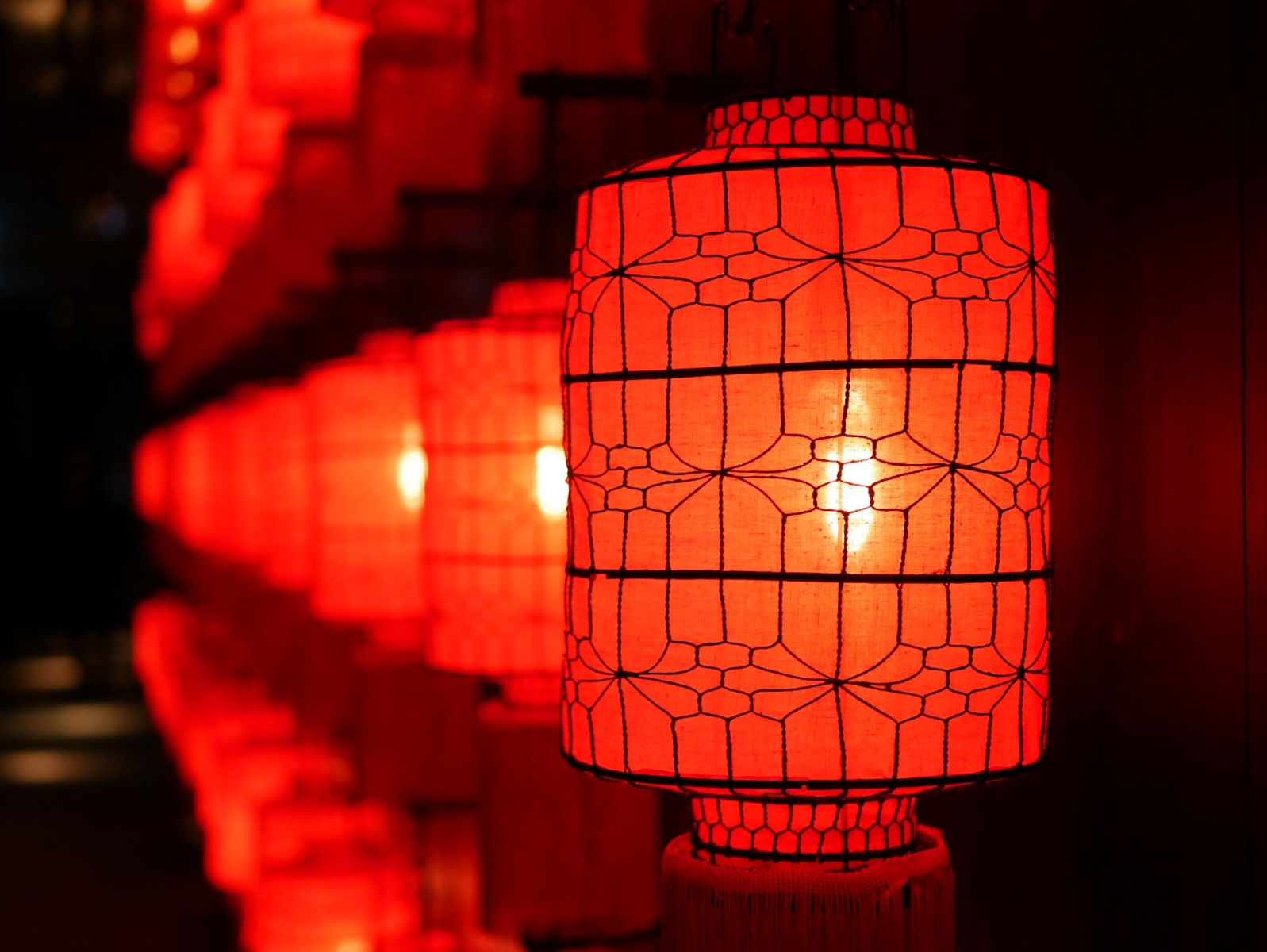
What if you need a night light?
Now, we know that it isn’t always easy to suddenly stop sleeping with a night light if that is what you’re used to, and it isn’t as easy to take that away from your child. Night lights provide many people with comfort through the night. Fear of the dark is very much a phobia for both adults and children, but never fear, there is a way around it. To start, read our blog post on how adults can overcome a fear of the dark for our in-depth tips and advice.
Try simply leaving a light on in the hallway; this will help you navigate to the bathroom in the dark and provide some support if needed. Or you could try simply leaving a night light on a timer so that it won’t interrupt your or your child’s sleep.
As we have already discussed, white and blue are the colours of light that negatively affect sleep, so why not switch your night lights for something that gives off red light? Red light, unlike blue or white light, is the one type of light that doesn’t affect the bodies melatonin levels. It won’t directly help you or your child sleep, but it won’t hinder sleep either.
It is an excellent idea to reduce your child’s exposure to white and blue light before bedtime so they can properly wind down. It is worth having a waterproof red light lamp in your bathroom, so when you’re giving your child their bedtime bath, their melatonin production isn’t affected, setting them up for a great night’s sleep.
To night light, or not to night light?
Really, it is all down to personal preference. Ultimately, it will always be better to sleep completely in the dark. But, if you or your child struggle with that, a red light emitting night light is the way to ensure that your sleep isn’t interrupted. It turns out night lights don’t need to be bad for sleep after all!
Tell us, do you or your children sleep with a night light? Do you find you struggle to sleep through the night? Or have you made the switch to a red light night light? Share your sleeping experiences with us on Twitter, Facebook and Instagram.


